Indications
Solarcaine Spray contains Lidocaine and Aloe Vera, which work together to provide cooling pain relief for minor skin irritations such as sunburns, minor burns, cuts, scrapes, and insect bites.
Lidocaine is a local anesthetic that works by blocking nerve signals in the affected area, which reduces pain and discomfort. Lidocaine is also a numbing agent that helps to reduce inflammation and redness in the affected area.
Aloe Vera is a plant-based ingredient that is high in antioxidants and has anti-inflammatory properties. It helps to soothe and cool the skin, and it can also help to promote healing in damaged skin.
When Solarcaine Spray is applied to the affected area, the Lidocaine and Aloe Vera work together to provide an almost instant cooling relief to the skin. Solarcaine Spray is easy to apply, absorbs quickly, and does not leave a residue on the skin.
Uses and Dosage
To use Solarcaine spray, apply it to the affected area as needed. The company advises spraying 6-8 inches from the skin; use sparingly on small children to avoid swallowing. Use of lidocaine topical may result in serious side effects or even death, so follow the directions on the packaging and use with caution. Additionally, Solarcaine contains alcohol, which can be drying to the skin, so it is recommended to apply a moisturizer after using the spray.
To use Solarcaine Spray, follow the instructions on the label or as directed by your healthcare professional. Here is a general guide:
- Shake the can well before each use.
- Hold the can 6-8 inches away from the affected area.
- Spray a thin layer of Solarcaine Spray onto the affected area.
- Let the spray dry on your skin without rubbing it in.
- For the best results, reapply the spray as needed or as directed by your healthcare professional.
- If you have any concerns or questions about the use of Solarcaine Spray, consult your healthcare professional.
Please note that these are general guidelines, and you should always follow the directions on the label or as directed by a healthcare professional.
Side Effects
Common Side Effects of Solarcaine Spray (Lidocaine Hydrochloride - non-Rx):
- Bluish-colored lips, fingernails, or palms
- Dark urine
- Difficulty breathing
- Dizziness or lightheadedness
- Headache
- High fever
- Mild irritation at the injection site
- Nausea
- Numbness in places where the medicine is accidentally applied
- Pale skin
- Rapid heart rate
- Sore throat
- Unusual bleeding or bruising
- Unusual tiredness or weakness
- Vomiting
- Worsening of pain, redness, swelling, or irritation in or around the mouth
Serious Side Effects of Solarcaine Spray (Lidocaine Hydrochloride - non-Rx):
- Blurred vision
- Confusion
- Irritation at the injection site
- Ringing in the ears
- Severe burning
- Stinging
- Sudden dizziness or drowsiness after application
- Swelling or redness
- Unusual sensations of temperature
Form and Strength
Solarcaine Spray (Lidocaine Hydrochloride - non-Rx) is available in the following forms and strengths:
Solarcaine Spray: Aerosol
- 0.50%
Caution
- Solarcaine spray should be used as directed on the label or as prescribed by a healthcare professional. Overuse or misuse of Solarcaine spray can lead to serious side effects.
- Avoid using Solarcaine spray near your eyes, mouth, and nose, as it can be harmful if it comes into contact with these areas.
- If you are allergic to any of the ingredients in Solarcaine spray, consult a healthcare professional before using it.
- Pregnant or breastfeeding women should consult their healthcare professional before using Solarcaine spray, as there is limited information about its use during pregnancy and breastfeeding.
- If you experience any unusual symptoms or have concerns about using Solarcaine spray, consult your healthcare professional.
- Solarcaine spray is for external use only and should not be ingested or used on open wounds, cuts, or irritations, or on large areas of the body.
- Solarcaine spray should not be used by children under the age of 2 without consulting a healthcare professional.
- Solarcaine spray should not be used for prolonged periods of time, and it should not be used to treat skin conditions other than those for which it is specifically intended.
Frequently Asked Questions (FAQ)
Is Solarcaine spray safe?
It can cause serious side effects, especially in children, if any of the medicine gets into the mouth or is swallowed. Stop using this medicine and check with your doctor right away if you or your child have a skin rash, burning, stinging, swelling, or irritation of your skin.
How long does solarcaine last?
Apply 1 to 3 patches to the painful area for up to 12 hours each day.
How long can you leave lidocaine on skin?
Apply it to the skin and leave it on for at least 30 minutes but no longer than 1 hour. The medicine will start to numb the area after 30 minutes. If you have to wait longer than you expected for the needle procedure, take the cream off no later than 1 hour after you put it on.
Resources
- https://www.rxlist.com/lidocaine_topical/generic-drug.htm
- https://www.mayoclinic.org/drugs-supplements/lidocaine-topical-application-route/precautions/drg-20072776?p=1
- https://www.drugs.com/cdi/solarcaine.html
- https://www.walgreens.com/store/c/solarcaine-cool-aloe-burn-relief-formula-pain-relieving-spray-with-lidocaine/ID=prod5014-product





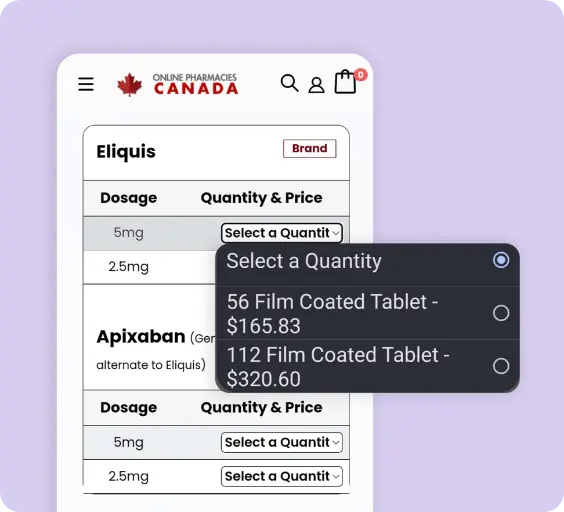
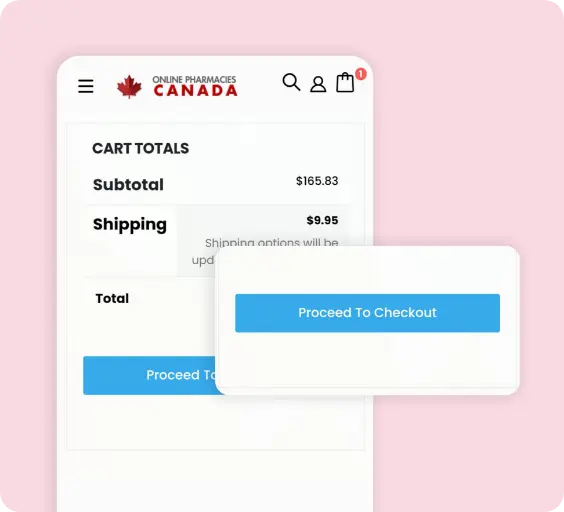
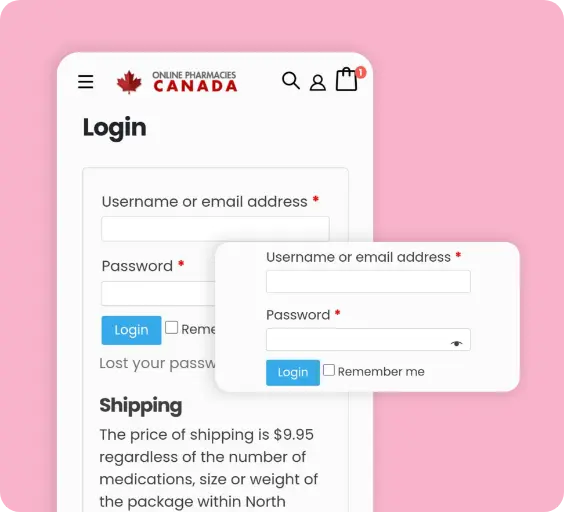
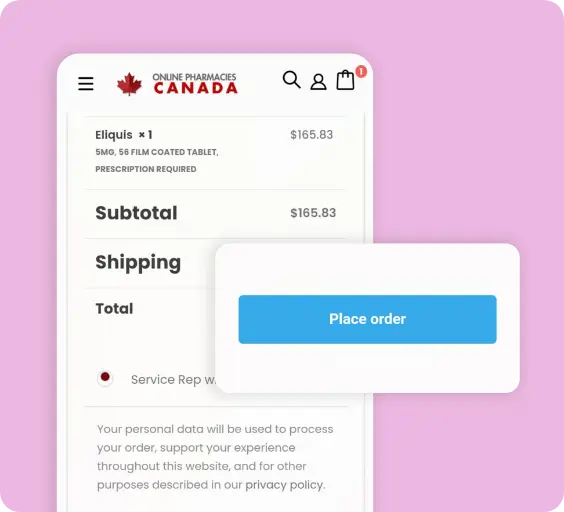


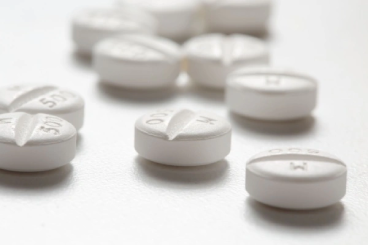


REVIEWS